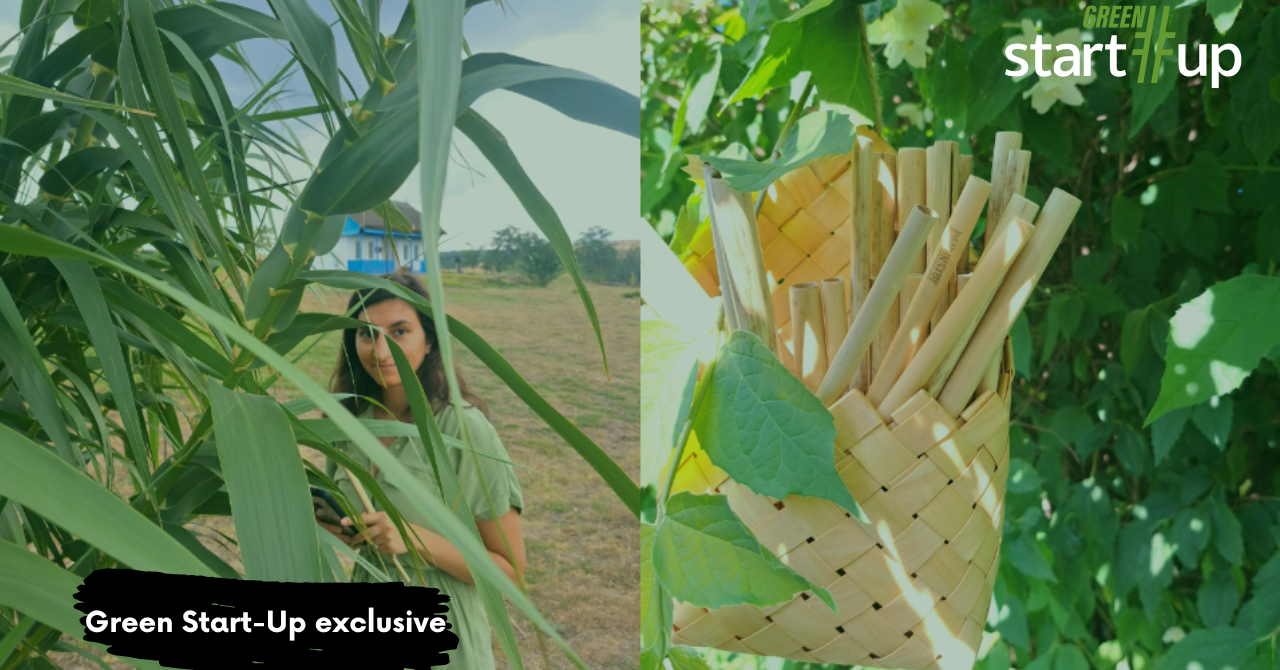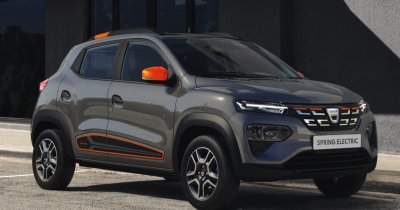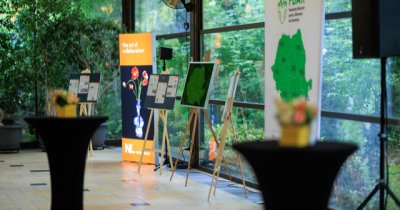Green Start-Up spoke with Mihai Palura in an interview to find out more details about Pai din Stuf. Mihai started the business together with his partner, Dorinela Oaie. When the pandemic started, they decided to move to the Danube Delta, to Nufăru.
Danube Delta, the second largest river delta in Europe, is listed as a World Heritage Site. Reed plants and floating reed islands are the most common and well known components of the Delta, which set the world record for the largest compact area of reed.
"The move to Nufăru was highly anticipated. We had plans before the pandemic to leave the urban agglomeration behind. Moving out of Bucharest, we realized how much the peace and connection with nature matters for our health", says Mihai.
He says the move to the Delta has been beneficial. He and Dorinela are calmer, more patient and much more attentive to what is happening around them.

A business made of reed straw
Mihai and Dorinela noticed that bamboo drinking straws were considered a sustainable alternative to plastic or paper ones. But they did not consider this to be true. "It is not sustainable to bring a straw from Asia. We thought about local options that could replace bamboo and that's how we started our business. Reed and bamboo are very similar, but reeds grow faster. It reaches a height of 4-5 meters in just one year", explains Mihai.
"The cylindrical shape and strength make reeds an ideal material to turn into drinking straws. Harvesting reeds benefits the ecosystem by stimulating the regeneration of new plants and reducing the risk of fires. Due to the fact that reed is a fast-growing plant, its use is a sustainable alternative to plastic, paper or bamboo straws", says the founder of Pai din Stuf.
The company produces both disposable and reusable straws. Thus, reusable straws are made from the lower, more resistant part of the plant, while disposable straws are made from the upper, less resistant half.
"For reusable straws, we recommend to our customers that after use they are rinsed, dried and stored in a ventilated place. Also, once a month they can be boiled for disinfection", explains Mihai Palura.

How the business developed and how difficult it is to make straw from reeds
Production is now completely manual, each straw is cut to size, has finished edges and then goes through cleaning, dried and heat treated to be safe to use. Basically, bacteria and microorganisms are destroyed at 90 degrees.
"Dori and I take care of everything, but we want to increase the production capacity and we will need two more colleagues. This year we want to see how our product is received by the market and look for solutions to produce it more efficiently", explains Mihai Palura.
But how was it received by the market? Well, the two corporatists who moved to Tulcea say that the straws were popular both for home consumers and for HoReCa businesses, with recurring orders from some clients.
"Reed straws are preferred by those who have become aware of the need for change through the impact that their daily activities and habits have on the environment," explains Palura.
"HoReCa customers preferred reed straws also for their quality. Compared to paper straws, our straws do not soften, even in hot drinks, they retain their texture and usefulness no matter how long they are immersed in liquids", explains the entrepreneur.

Sustainability through reeds
Reed is a renewable and abundant resource that is underutilized for its potential. "We are also thinking about other ways of using it, such as obtaining cellulose and making disposable packaging from the scraps we have from production," explains the company representative.
But sustainability is not just a business plan, but a lifestyle for Mihai and Dorinela. "We need to stop relying on plastic in single-use, short-lived items. There are plenty of options, even if they are more expensive than plastic, but as they become more popular, prices will drop. We do not use plastic in the packaging of straws, we looked for biodegradable options such as paper and woolen envelopes instead of bubble wrap", says Mihai.
Also, no additives, dyes or other adhesives are used in the straw, so once the straw is thrown away it will have no impact on the environment. Straws from Pai din Stuf can be purchased in packs of 10 reusable straws for 42 lei or 30 biodegradable straws for 36 lei, basically less than 9 euros.
 Vlad Andriescu
Vlad Andriescu












Any thoughts?